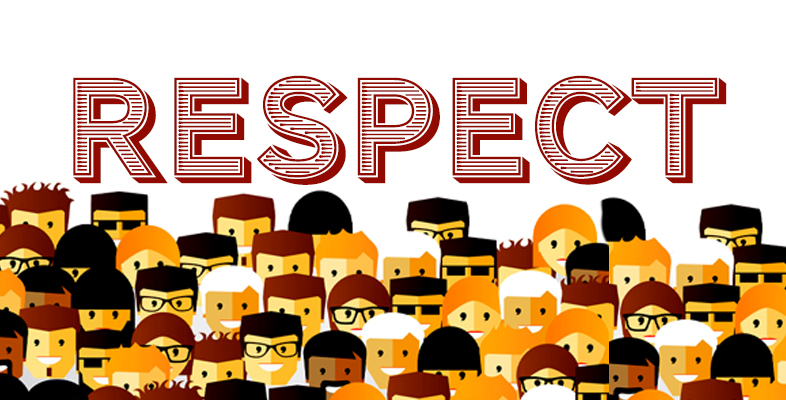Becoming an ethical researcher
Introduction and guidance
In this free course, Becoming an ethical researcher, you will go behind the scenes with contemporary social science researchers from around the world and find out what choices they face about ethical issues. Ethical questions arise at every stage of research from planning to reporting: linked to issues of risk, responsibility and relationships.
The content particularly illustrates settings for social science research. However, it is relevant to all researchers conducting studies with human participants. You might be a leader or volunteer in youth work, teaching, social care or other work involving people. There are a wide range of research scenarios covered in this course and we hope you will find some of these relevant to your background and interests. You might also be considering research in settings as a designer, engineer, environmentalist, technologist or computer scientist. In all of these situations this course will encourage you to reflect on why ethics matters in your thinking about your obligations as a researcher.
Becoming an ethical researcher is an ongoing learning process and this course is designed to make you more informed, confident and empowered. The focus is on developing your sensitivity to ethics in different contexts, sharpening your ethical reasoning and reflecting on different options. By the end of the course we hope you find yourself more attuned to and thinking differently about ethical issues in research that you read/hear about, as well as when they arise in your studies and in project proposals of your own. Whatever the focus of the scenario, we believe that the issues discussed will be relevant to a wide range of research settings with people. Throughout the course you will have opportunities to reflect on their relevance to your own research interests and plans.
This is a highly interactive course using collaborative online tools, discussion forums, audio, video and quizzes. You will be able to read comments from people in different countries and contexts all interested in developing research knowledge and skills.
We hope you will enjoy working with others and will share your perspectives, which will add to the richness of the course. Full guidance on how to get the most out of the tools used in this course can be found in our Help with using this course [Tip: hold Ctrl and click a link to open it in a new tab. (Hide tip)] document.
The in-course participation opportunities are a taster of some of the educational activities you would engage in if you extended your learning to masters modules at The Open University. In particular, connections are made at points between the issues covered in the course and the Masters in Education and Masters in Childhood and Youth.
This Badged OpenLearn course is down once a year in the Summer for a short period of maintenance before reopening.
By the end of this course, you should be able to:
- anticipate ethical issues in research with humans which need a researcher’s attention
- think through options available to a researcher from an ethical perspective
- offer an ethical rationale for decisions made as a researcher
- feel confident in dealing with unanticipated issues as they arise during research
- act ethically when planning, conducting and reporting research with humans.
The Open University would really appreciate a few minutes of your time to tell us about yourself and your expectations for the course before you begin, in our optional start-of-course survey. Participation will be completely confidential and we will not pass on your details to others.
